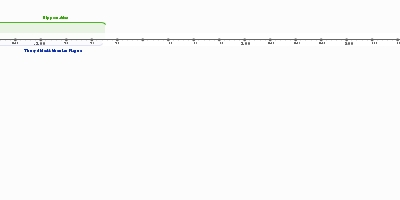Matthias Schleiden (1804 – 81) & Theodor Schwann (1810 – 82) (jan 1, 1804 – jan 1, 1882)
Description:
Matthias Schleiden (1804 – 81)Botanist at Jen (germany, relying on the microscope, argued that plants were aggregates of living cells, in which he identified the nuclei, which had been recently discovered. In 1837 – 8 he proposed the first cell theory
Theodor Schwann (1810 – 82) in berline carried out similar researches to his close friend Schleiden. Schwann recognized similar cellular structures and nuclei in animals
The Cell as the Key Biological Unity
Schleiden and Schwann – cells were the fundamental botanical and zoological units
Caused focus of anatomy and pathology to shift from tissues to cells
Beginning of new theory. Questions about the origin of cells, how they formed, grew, and multiplied, had no clear answer and remained problematic
Early views of Cell Formation
Early understanding of the cell was primitive: early microscopists had no sense of the huge complexity of cells
Schleiden and Schwann did not believe that cells originated from other cells. Argued originated from cytoblastema, a fluid or gelatinous substance with no structures but with the individual components of cells, which would then arise from an assemblage of those components
Rudolph argued that cells originated from other cells
Virchow studied healthy and diseased cells as a basis for a new understanding of disease away from humoral doctrines. He argued that cancer was an uncontrolled proliferation of cells.
Added to timeline:
Date:
jan 1, 1804
jan 1, 1882
~ 78 years
